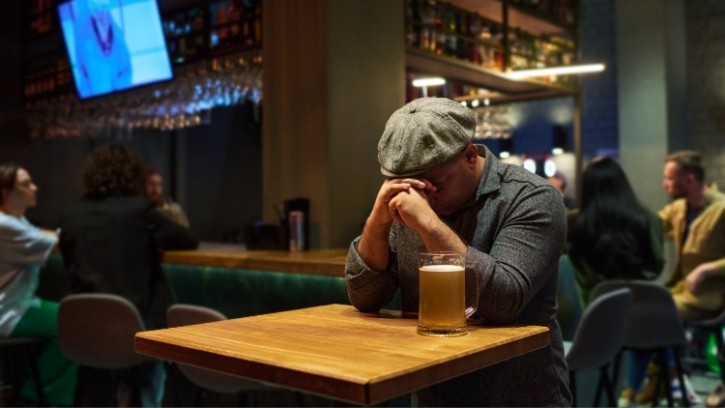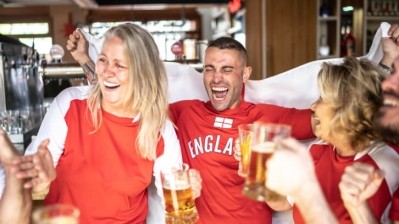LICENSING HUB: LEGAL WITH POPPLESTON ALLEN
Is a vulnerable person safe in your premises?

Putting aside the legal technicalities for a moment, when you open your house to somebody – as licensees effectively do whenever they open their doors – you owe a moral duty if nothing else to keep an eye out for them, something we would all expect in a civilised society.
Legally speaking, you have various duties under occupiers’ liability law, health and safety legislation and food safety rules, to name but a few, and something your insurers no doubt will police in their own inimitable way. But what about the more nuanced moral duty of care to your customers?
This is where the licensing objectives really come into play and perhaps why the Licensing Act has survived the test of time.
Because the licensing objectives are so widely drafted, they allow for changing – and hopefully improving - standards over time to be applied.
Take drink spiking, or sexual predators, or child sexual exploitation – if these have rightly received greater recognition in recent years the licensing objectives of Public Safety and Prevention of Crime and Disorder are equal to the task of ensuring the authorities have the power to take action under the Licensing Act where necessary.
In the past a pub’s vulnerability policy might just have been ‘they run a tight ship.’ Well, more is expected nowadays (and no criticism of said landlady or landlord by the way).
Having a decent vulnerability policy that is trained into your staff will give you a base line standard to ensure your customers are safe by today’s standards.
You are not Big Brother – you can’t know what’s going on in people’s minds, but you can keep an eye out for them whilst they are on your premises.
Vulnerability can be defined as anyone exposed to the possibility of being attacked or harmed, either physically or emotionally.
This may present due to a customer being young or alone, they may have taken drugs or have drunk too much alcohol; it may also be due to their state of mind, or indeed the presence of an offender. Some ways to recognise vulnerability include the following:
- Unsteady on their feet
- Incoherent
- Irrational
- Glazed eyes
- Dishevelled appearance
- Lost or alone
- Being plied with alcohol or drugs
- Being controlled by somebody
- Injury
- Drowsiness
- Upset
- Missing clothing
- Quiet
Vulnerability can occur in the street as well as in the premises, it might involve refusal of entry to the premises or indeed ejection from your premises. However, in each of these the story doesn’t end there – ejecting a vulnerable person might just make them vulnerable in a different place.
Not only is this morally questionable but is likely to be viewed extremely dimly by the enforcing Authorities.
I have been involved in Reviews following the deaths and serious sexual assaults of vulnerable persons who were ejected from premises without appropriate safeguarding measures.
Also, the handling of a vulnerable person can often be an important step in a criminal investigation so consideration should be given to evidence handling and collection. The sort of questions you might be asking are:
- What is the person’s age?
- Their state of intoxication?
- Whether they have friends nearby?
- Where are their belongings?
- Do they need medical attention or an ambulance?
- Do you have a safe space where the person can be supported until assistance can be arranged?
We all have a role to play – pub and bar owners, bar staff, door teams, glass collectors, friends, street pastors, and of course the police.
One of the videos on the links provided below shows how differently and positively a night out would have gone had the many moments to avert disaster been recognised and acted upon by any of the above-named people.
There is a wealth of resources out there to help you protect your vulnerable customers. If you haven’t already, take a look at the Security and Vulnerability Initiative here.
The fictitious video here of a night that goes wrong for two different young people is deeply upsetting but all the more important to watch for that (watch the sequel too where the night turns out differently due to the actions of different members of the night-time economy).
There are also many local initiatives, such as Ask for Angela, and resources and training provided by the major trade bodies and Best Bar None.
This isn’t just a cut and paste exercise. It demands instilling a culture into your team which is more difficult to put into writing, but can perhaps best be described by the words of a client who ran a chain of late-night premises who asked himself a simple question – would I feel comfortable if my 19 year old child went to this premises?
- Andy Grimsey is a senior associate solicitor at Poppleston Allen








